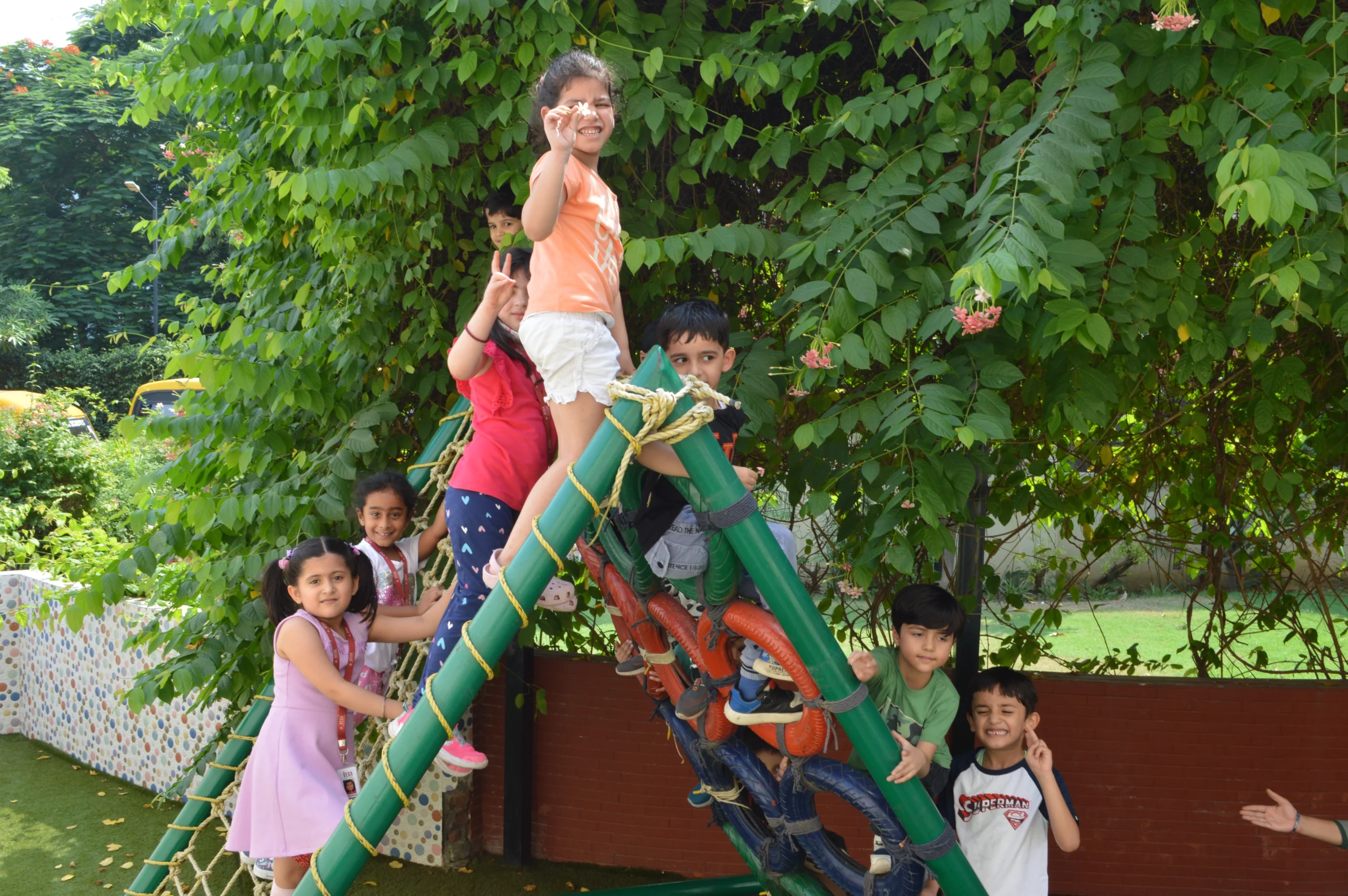Children are frequently surrounded by relentless comparison and limitless aspirations in today’s fast-paced, materialistic environment. In the midst of this, gratitude shows itself as a potent emotional tool that keeps kids emotionally stable, content, and balanced. Early gratitude education influences children’s behaviour as well as their perspective on life. Children who learn to be grateful for what they have become happier, more grounded adults who prioritise relationships, experiences, and inner peace over approval from others.
- Enhances Positivity and Emotional Well-Being
Children who are grateful concentrate more on the positive aspects of their lives than on their shortcomings. This lessens sentiments of resentment, annoyance, and jealousy. They cultivate a positive outlook that promotes emotional stability and long-term satisfaction by valuing little pleasures like a kind word, a secure house, or quality time with family.
- Promotes humility and a realistic outlook
Children who are grateful learn that life is not always flawless and that everything they have is the result of other people’s hard work. This knowledge helps kids appreciate support networks and develop a sense of humility by grounding them in reality.
- Strengthens Relationships and Social Skills
When youngsters express gratitude, they become kinder and more empathic. Simple acts like thanking teachers, complimenting acquaintances, or acknowledging family efforts boost communication and develop ties. Thankful children are more likely to form wholesome, polite bonds based on appreciation for one another.

- Encourages Contentment and Mindfulness
Instead of continuously looking for more, gratitude teaches kids to live in the now and treasure ordinary experiences. By encouraging contentment and lowering anxiety brought on by comparison and irrational expectations, this mindfulness helps them appreciate life as it is.
- Fosters Respect and Responsibility
Children become more cautious with their possessions and more considerate of others when they recognise the value of what they have. Gratitude teaches people not to take things for granted by fostering accountability and instilling a sense of gratitude for hard work.
- Encourages Resilience in the Face of Difficulties
Children who are grateful learn to see the good in even the most challenging circumstances. This capacity strengthens their emotional fortitude and problem-solving abilities by enabling them to deal with setbacks, disappointments, and failures in a mature manner.
Gratitude is a profound life lesson that moulds a child’s character, emotional well-being, and worldview. It goes beyond simply saying “thank you.” In addition to making their children happy, parents who cultivate thankfulness also make them more resilient, grounded, and sympathetic. These kids develop into adults who respect relationships, recognise hard work, and maintain composure under pressure. In the end, thankfulness serves as their internal compass, pointing them in the direction of a contented, happy, and meaningful life.
Vega Schools offers holistic education to children in Delhi NCR and is rated among the top Schools in Gurgaon. Its modern infrastructure, facilities, and experienced teachers are a big asset to the learning & development of students, be it for Nursery, Primary or Senior children making Vega Schools the best schools in Gurgaon. For information about admission please visit the Vega Schools campuses in Sector 48 and Sector 76 Gurugram.
